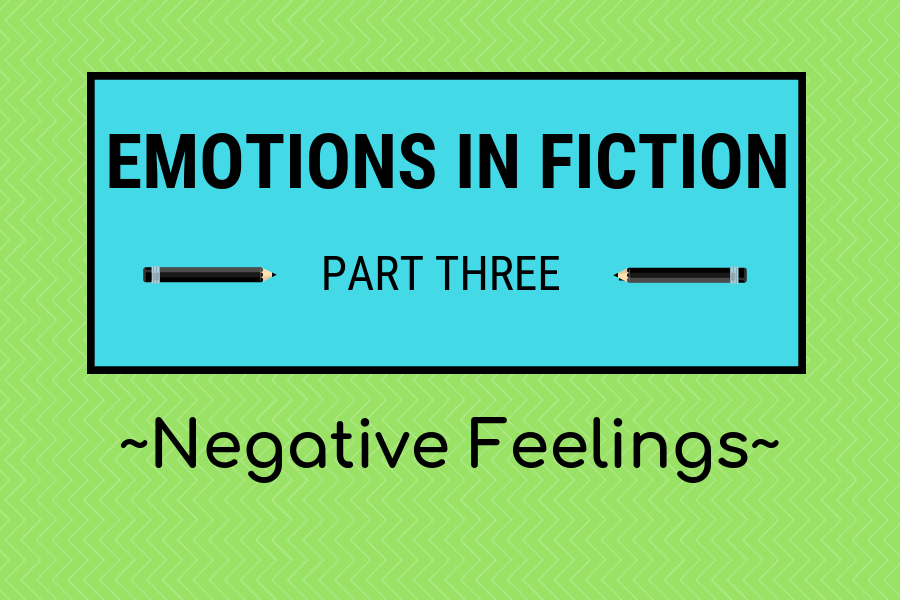Believe it or not, agents and editors are regular people. Some more regular than others, of course; but most of us are pretty easy to approach, whether via mail or email, at writers conferences, at church, or on the street—preferably without a visible weapon.
But there are some things you should never say to an agent or an editor. Not in conversation. Not in a query or one-sheet. Not in a cover letter or proposal. And yet, you might be surprised by how often I see or hear one of the following from an aspiring (and, sometimes, fairly accomplished) writer.
#1: “There’s no other book like this.”
You see, editors and agents may appear to you as adventurers and “international men (and women) of mystery.” But they’re usually not. Most don’t want to be the first to try something new, risky, avant-garde; they want to know there’s a pretty good chance of success, so they’re interested in what other books are similar, and why, and also why this one you’re pitching is quantifiably better or different from those others. When writers fail to include a book comparison section in a proposal or—even worse—say, “there’s no other book like this on the market,” the editor or agent is likely to think there’s probably a good reason for that. I know, every writer wants to believe, like one pitch I received, that “There is no other Book like it within Existence, and due to it’s Rarity when compared to all other Books, it would be an International Bestseller until the ends of The Earth.” I don’t think I’m the only person who greets such a claim with caution.
#2: “Comparable books have become classics.”
I’m a fan of the classics. I really am. But I don’t recommend citing them in the comparison section of a book proposal, like the person who sent a proposal for a murder mystery/historical fiction/literary novel and said, “The three books comparing to this novel are Oliver Twist, Don Quixote, and Crime and Punishment.” There’s always a chance, sure, and that would be sweet; but it’s never a good idea to compare your work to Dickens or Dostoevsky. Even if it’s a fair comparison, saying so won’t help your case. I promise.
#3: “Everyone is publishing this kind of book.”
There’s a fine line in publishing between a hot topic and one that’s played out. And by the time you see six or seven different books about minimalism or the end times or intermittent fasting on bookstore shelves, it’s probably too late to catch that wave. Remember, those books were all pitched two or more years ago. And yours, even if it’s contracted tomorrow, won’t be in bookstores for at least another year. I know, you can’t be expected to keep up with every trend and fad; but these days just a little bit of research can at least indicate whether your idea is one whose time has come … or gone.
Like most of writing for publication, it’s an art, not a science; but striking these phrases from your book-pitch vocabulary will improve your chances immensely. And every little bit helps.





My classic book is absolutely unique, just like everyone else’s. Don’t miss this chance of a lifetime!
You listen well, Shirlee.
Not a single mention of my first query letter to you! LOL! There probably aren’t enough words. Or maybe “just don’t” would suffice.
Janine, I don’t pick on you ALL the time. Just MOST of the time.
It’ll make a great story one day if this crazy thing pans out for me!
I know I’ve got your number;
I have what you seek.
Please don’t make a blunder
for my book is tres unique.
An invention vital as plastic,
there’s already quite a buzz,
and it’ll be an instant classic
among hippies…and the fuzz!
Everyone is printing these,
all hands want a piece
of innovation sure to please
the world, from Bombay up to Nice!
You will be so glad you’ve bitten
if and when I get it written.
Andrew, I love it! Did I mention that I love you, too, little brother? Praying for a better day today.
I love “if and when I get it written.”
I’m sold.
It will be the Hamilton of books.
Don’t throw away your shot, Janine.
Ah, Bob, the comparison part of a proposal is almost as hard to define as the ideal reader. When I have those mastered… Does anyone ever really master those two facets?
That’s why it’s an art, not a science, Judith.
Nice poem, Andrew! And thank you Bob, for giving us a sneak peek into your slush pile.
At the West Coast Christian Writers Conference last weekend, I spent a great deal of time with a young man who was attending his first conference, and who is just about finished with his first manuscript. He had no clue what to do next.
Through fielding his questions and helping him navigate the conference, I became painfully aware of how similarly lost and overwhelmed I felt just a few years ago, and also of how much I still have to learn.
I’m thankful for all of you who are on the pathway with me – ahead of me, beside me, and behind me. Every one of you is a jewel in the kingdom!
It is dizzying and dismaying, Damon. But the journey is filled with friends and fun. Have you seen the photo online of you and me in the Hooks class? 🙂
Yes I have! Several people shared it. You made quite an impression!
Also, I shot you an email on Sunday. Well, I sent it to your amanuensis. 😉
Goodness, I gasp when I hear how bold some people are with agents and editors. Another one I heard while having dinner at an ACFW conference is “God gave me this book. It’s perfect just like it is. I’m not changing anything and no editor will tell me otherwise.” Eyes widened around the table as the air was sucked out of the room.
Loretta, yes, that was a real pitch. And unfortunately, every editor and agent has seen something similar.
And I guarantee the editors and agents pitched it right back with a hearty, “No, thanks.” One of the most important things for writers, unpublished or published, is to be teachable. We can all do this writing thing better, and the beauty of Christian publishing is there are folks out there ready to come alongside us and help us do just that.
Bob, God told me to write this book. Are you going to argue with Him? (That’s my favorite of all times great reason to make you publish my book!)
No, Sheri, I do not argue with the Almighty. But I do sometimes wonder why He has such poor spelling and grammar.
Yes, my friend, God told you to write it, and I am pleased by your obedience in doing so. God did not, however, tell me to represent the book as your agent.
My response was always, “Ah, but He hasn’t told me to represent/publish it. If that happens, I’ll let you know.” 🙂
Love the article, Bob, especially since I’ve just finished writing a proposal. I’m wondering if this sentence represents the unforgivable no-no you talk about.
“In my search, I found one book on the topic with no similarity to the slant and scope of the book I’m proposing.”
I suspect that many of our delusions of uniqueness are rooted in not having read enough of what’s out there. Solomon had it right. But with inspiration and perspiration, we can create something that’s constructive, if not entirely new.
From the other side of the table, I get so tired of agents saying, “I’m looking for a fresh new voice,” immediately followed by, “So tell me how your book is just like other bestsellers.” And they don’t see the contradiction.
My response was always, “Ah, but He hasn’t told me to represent/publish it. If that happens, I’ll let you know.” 🙂
Ashley, it might help if you take those comments as one question rather than two. Many editors/agents ARE looking for fresh, new voices, absolutely, but they also want to know that there’s a market out there for that voice. So they want fresh new voices that bring new insights and wisdom to proven topics/genres. I always appreciated when an author let me know what was similar in their book to recently best-sellers, and then went on to say, “But here’s how my voice/approach/story is unique compared to what’s already out there.”
A three question test?Thank goodness you graded me on the curve.
Bob,
Is it also “shooting yourself in the foot” to mention in a pitch or proposal that you have written in other genres as well, even if you don’t claim they are unique, guaranteed instant best sellers, or divinely inspired? I’m amazed at the number of genres in which you’ve been successful! The advice I’ve heard and read in the past few years is that writers today must narrowly specialize and build one very specific platform. Do you agree, or do you have clients whose work is as diverse as your own? Thanks!
There is no “Gospel” answer to your question, Linda. There are certainly advantages to having a “brand” as a writer, but I have many clients who (like me) have been productive in multiple genres. It is generally true, however, that being a multi-genre author can make an effective, dynamic platform more difficult.
Newbie writers live in a bubble. When we fall in love with our stories–which we should–we can think they are the greatest thing since sliced bread. Once we pop the bubble we can deal with reality and learn.
I always feel like Ralphie in A Christmas Story when he turns in his theme to his teacher and imagine the whole class cheering while she gives him an A++++++++++… I have learned to expect the “you’ll shoot your eye out” comment.
Reviews readers leave on Amazon can give you great insight into the types of books you write.